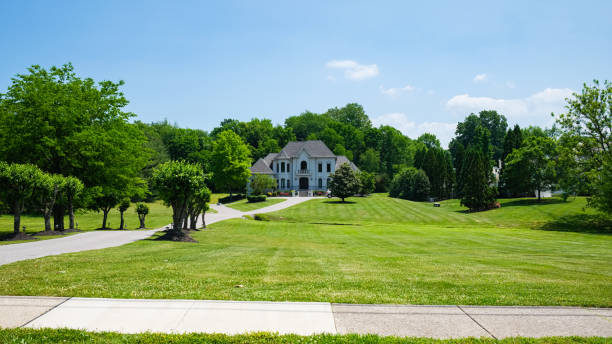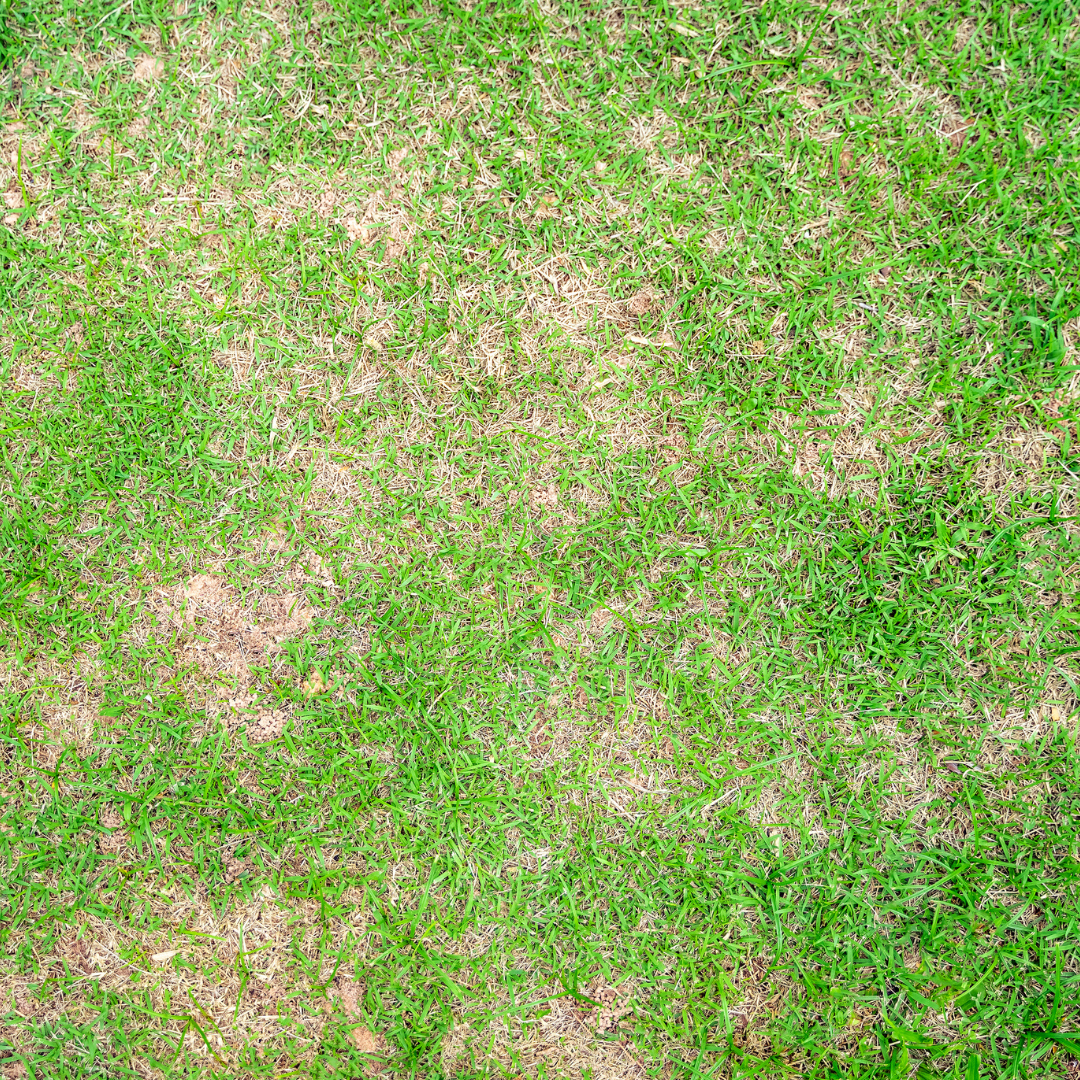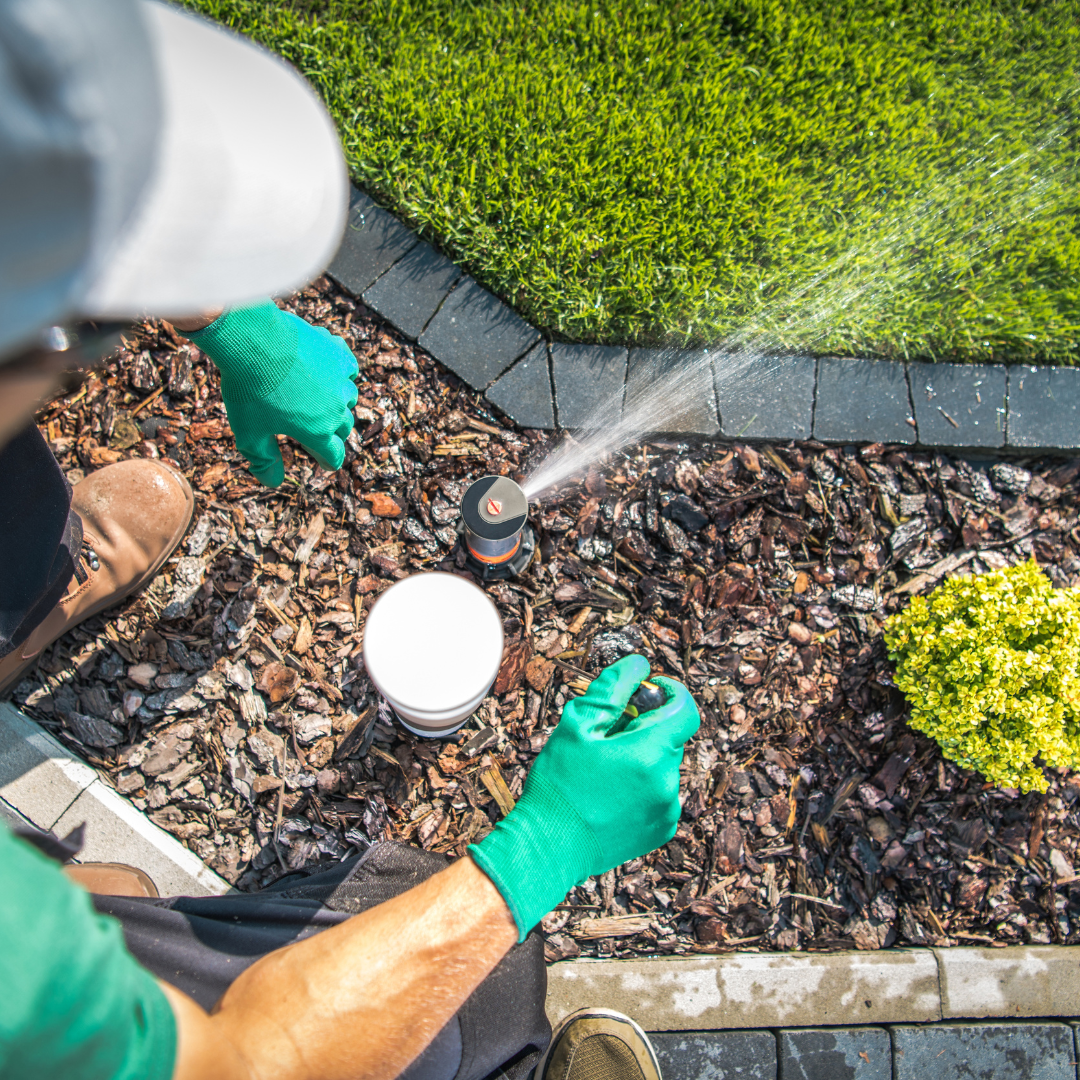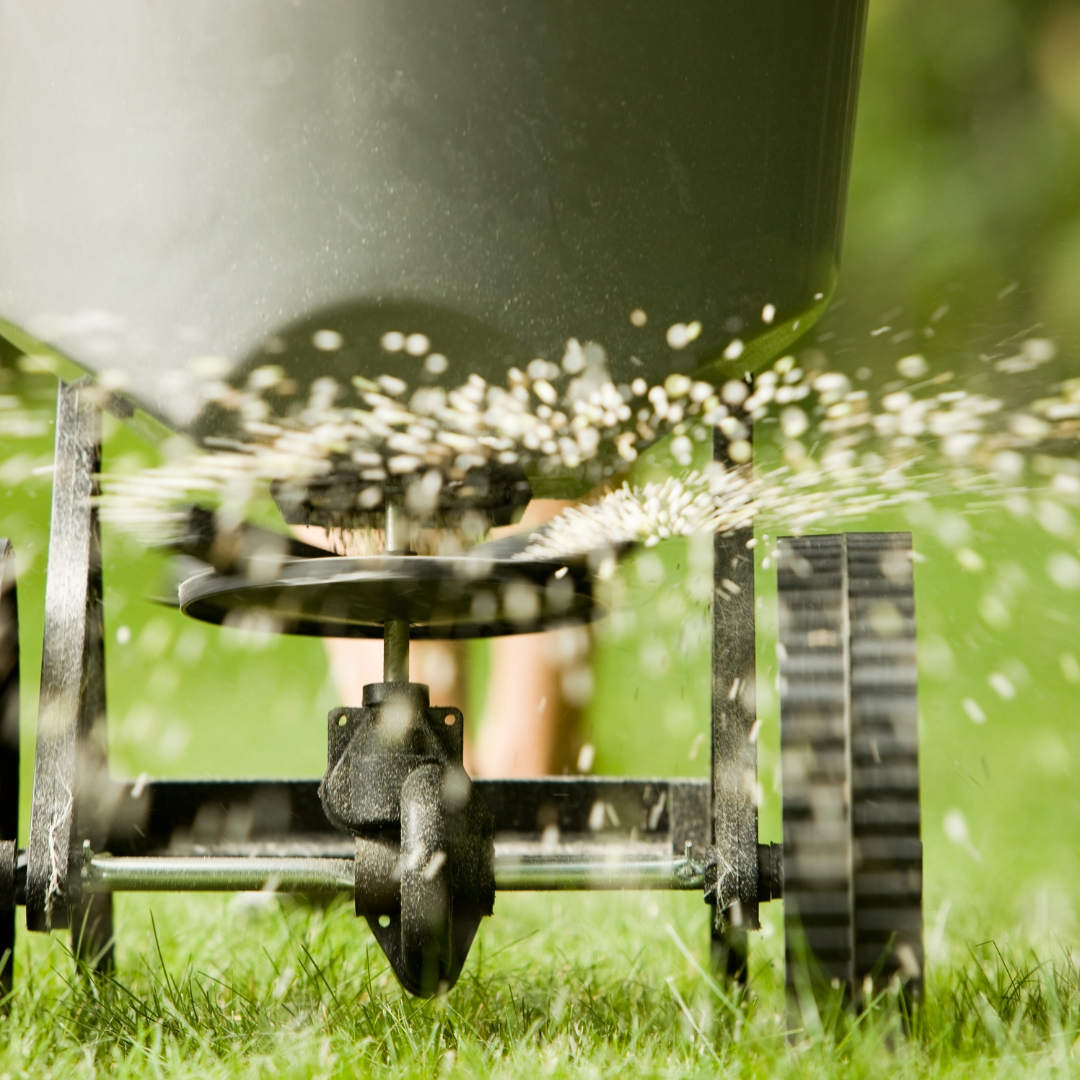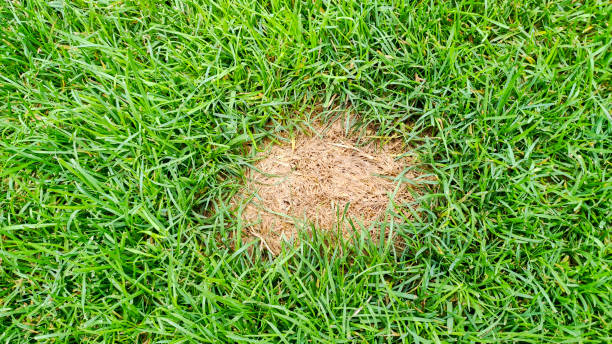Lawn care Chattanooga TN homeowners rely on starts with smart strategy and consistent upkeep. From unpredictable Southern weather to persistent weeds and pests, there’s a lot that goes into proper lawn care. Whether you’re new to yard maintenance or looking to level up your routine, these expert-backed tips will help you achieve a lush, vibrant yard.
Table of Contents:
- 1. Know Your Grass Type
- 2. Mowing Tips for Lawn Care Chattanooga TN
- 3. Water Wisely
- 4. Aerate for Stronger Roots
- 5. Fertilize for Lawn Care Chattanooga TN Results
- 6. Weed Control for Chattanooga TN Lawns
- 7. Handle Lawn Pests Strategically
- 8. Seasonal Lawn Care in Chattanooga TN
- 9. Use Mulch and Grasscycling
- 10 Hire Lawn Care Chattanooga TN Experts
1. Know Your Grass Type
Different grass types need different care. Chattanooga lawns commonly feature tall fescue, Bermuda, or zoysia. Each variety has its own mowing height, watering frequency, and fertilization needs. Start by identifying your grass type. You can take a sample to a local extension office or use guides from the University of Tennessee Extension Lawn Management Guide. Once you know your grass, tailor your care approach accordingly.
2. Mowing Tips for Lawn Care Chattanooga TN
Mowing might seem simple, but poor technique can ruin a lawn. Keep blades sharp to prevent tearing, which stresses grass and invites disease. Adjust the mower height based on the grass type (tall fescue: 3–4 inches; Bermuda: 1–2 inches). Alternate mowing patterns to avoid compacting the soil. And remember—never cut more than one-third of the grass height in a single mow. For best practices, check out these American Lawn Care Association mowing tips.
3. Water Wisely
Overwatering is one of the biggest mistakes homeowners make. Aim for one deep watering per week (around 1 to 1.5 inches), preferably in the early morning. This allows moisture to reach the root zone without lingering on blades overnight, which encourages fungus. Chattanooga summers can be humid, so err on the side of less frequent watering with deeper saturation.
4. Aerate for Stronger Roots
Chattanooga’s clay-heavy soil is prone to compaction, especially in high-traffic areas. Core aeration relieves this by punching small holes into the turf and removing plugs of soil. This improves water, air, and nutrient absorption. The best time to aerate cool-season grasses is fall, while warm-season grasses benefit most from spring aeration.
5. Fertilize for Lawn Care Chattanooga TN Results
A one-size-fits-all fertilization plan doesn’t work. Apply fertilizer based on your grass type, using slow-release blends to avoid overwhelming your lawn. Conduct a soil test to assess nutrient deficiencies—this ensures you’re not wasting time or money. Avoid fertilizing in extreme heat, and always water in fertilizer lightly to activate it. For sustainable practices, reference the EPA Lawn and Garden Best Practices.
6. Weed Control for Chattanooga TN Lawns
Prevention is key. Apply a pre-emergent herbicide in early spring to stop weeds before they sprout. For stubborn invaders like crabgrass or clover, spot-treat with post-emergent herbicide. Pulling weeds by hand is labor-intensive but effective for small infestations. A thick, healthy lawn will naturally choke out weeds, so keep your turf dense.
7. Handle Lawn Pests Strategically
Grubs, armyworms, and chinch bugs are common in this region. Yellow or brown patches may indicate infestation. Use a spade to peel back the turf—if you see multiple pests per square foot, it’s time to act. Biological treatments (like nematodes) and targeted pesticides are effective. If you’re near Ooltewah, pest control Ooltewah TN providers offer localized help that understands Chattanooga-specific conditions.
8. Seasonal Lawn Care in Chattanooga TN
Your lawn’s needs change with the seasons. In summer, raise your mowing height to shade roots and retain moisture. In fall, overseed with cool-season grass to fill bare patches. Winter is the time for rest—avoid foot traffic and remove leaves and debris that trap moisture and promote mold. Spring kicks off growth, so use that time for soil testing and aeration. Refer to NOAA Chattanooga Climate Data for seasonal trends.
9. Use Mulch and Grasscycling
Grasscycling—leaving clippings on the lawn—returns nitrogen to the soil and reduces landfill waste. For flowerbeds, add 2–3 inches of mulch to conserve moisture and suppress weeds. Organic mulches like pine bark or hardwood break down over time, enriching the soil. Incorporating lawn care Chattanooga TN principles like mulch recycling can dramatically improve soil health while reducing your environmental footprint.
10. Hire Professional Chattanooga Lawn Care Help
Sometimes the best decision is to bring in the pros. Lawn services Chattanooga providers like Champion Green offer tailored plans based on your yard’s grass type, soil condition, and climate. From scheduled mowing to aeration and pest control, their expertise saves time and prevents costly mistakes. For ongoing care, look into Champion Green’s customized packages for lawn care Chattanooga TN TN homeowners trust.
Conclusion
A healthy lawn is more than just green grass—it’s the result of smart, consistent care. Whether you’re perfecting your mowing schedule, adjusting your watering habits, or considering pest control Ooltewah TN services, every step counts. Follow these ten tips, and your yard will reward you with year-round beauty, resilience, and curb appeal.
For more expert advice or a free quote, explore our Chattanooga lawn service options at Champion Green.

